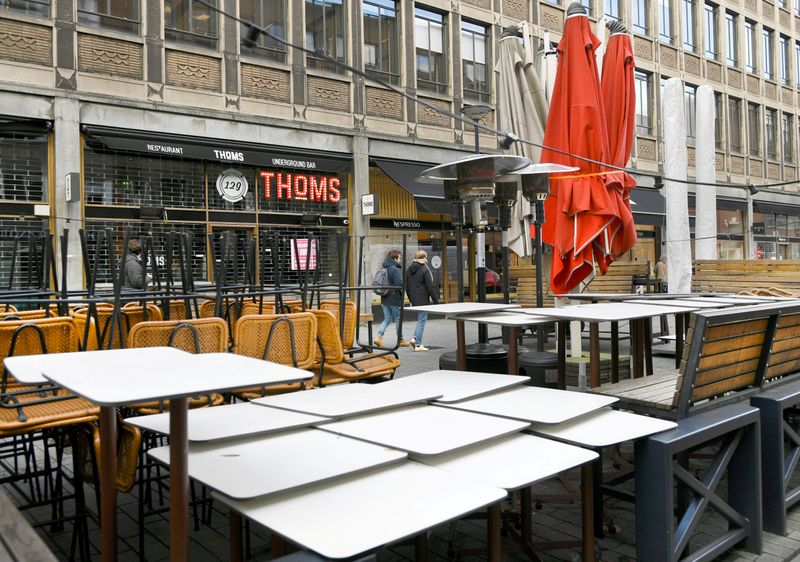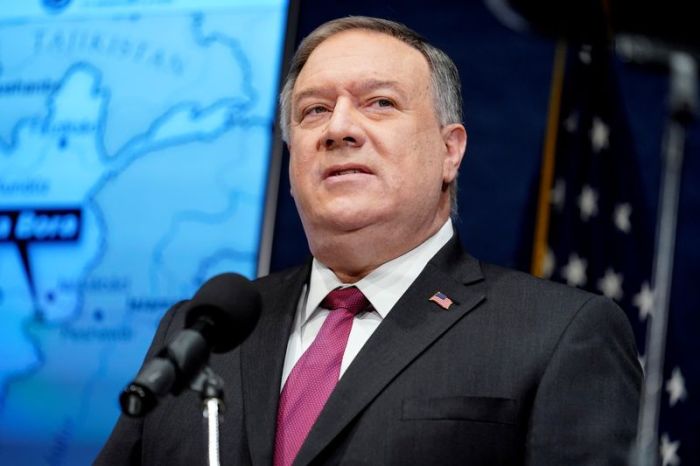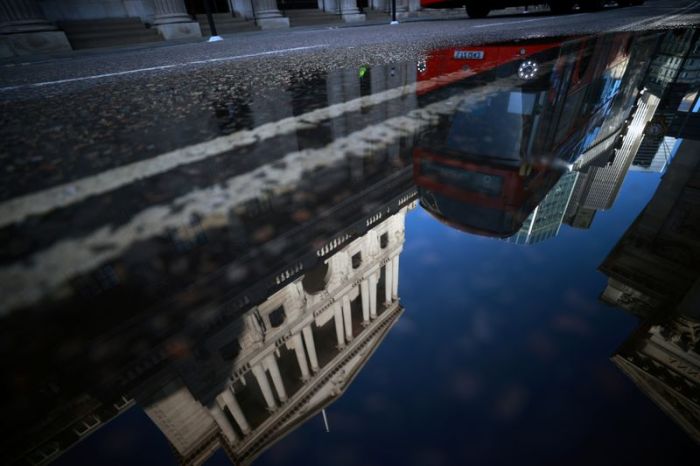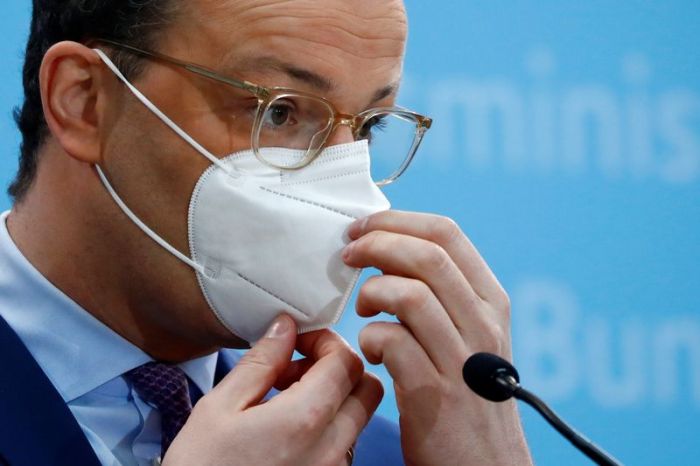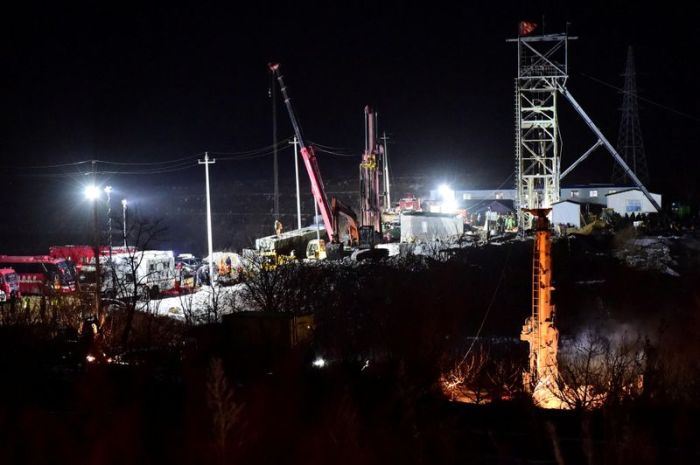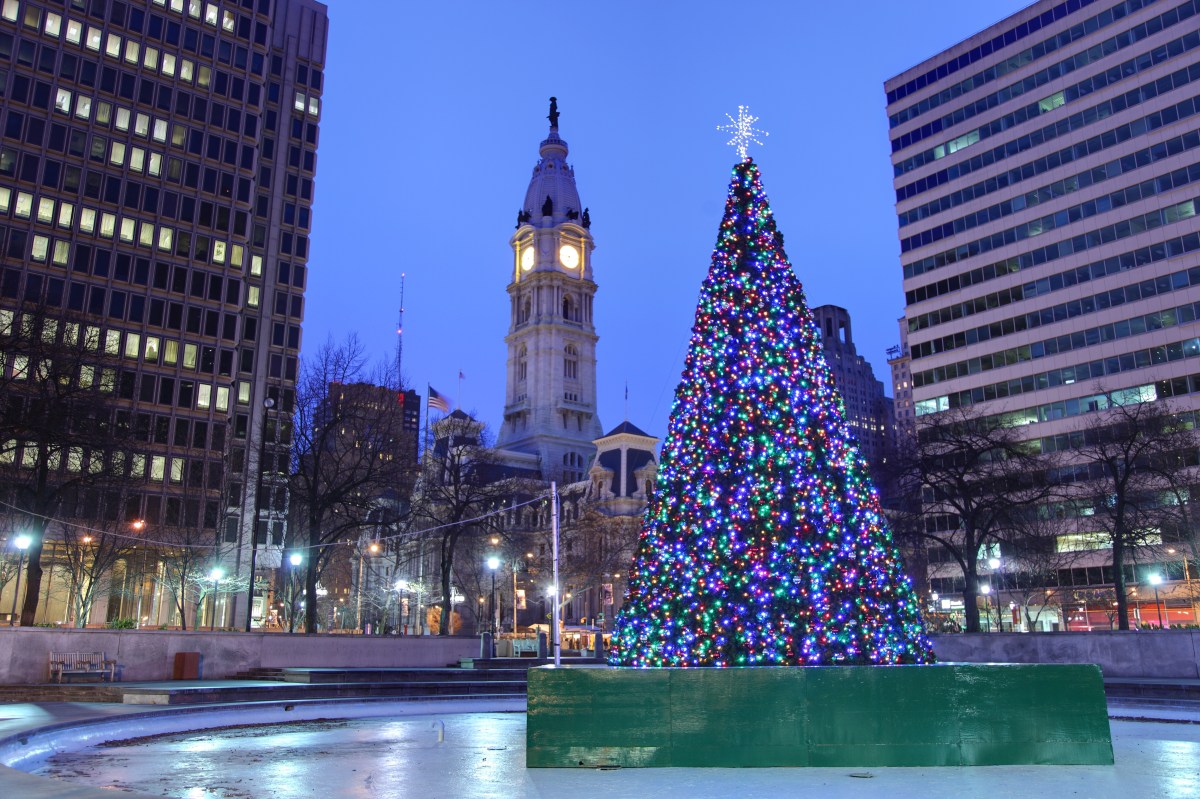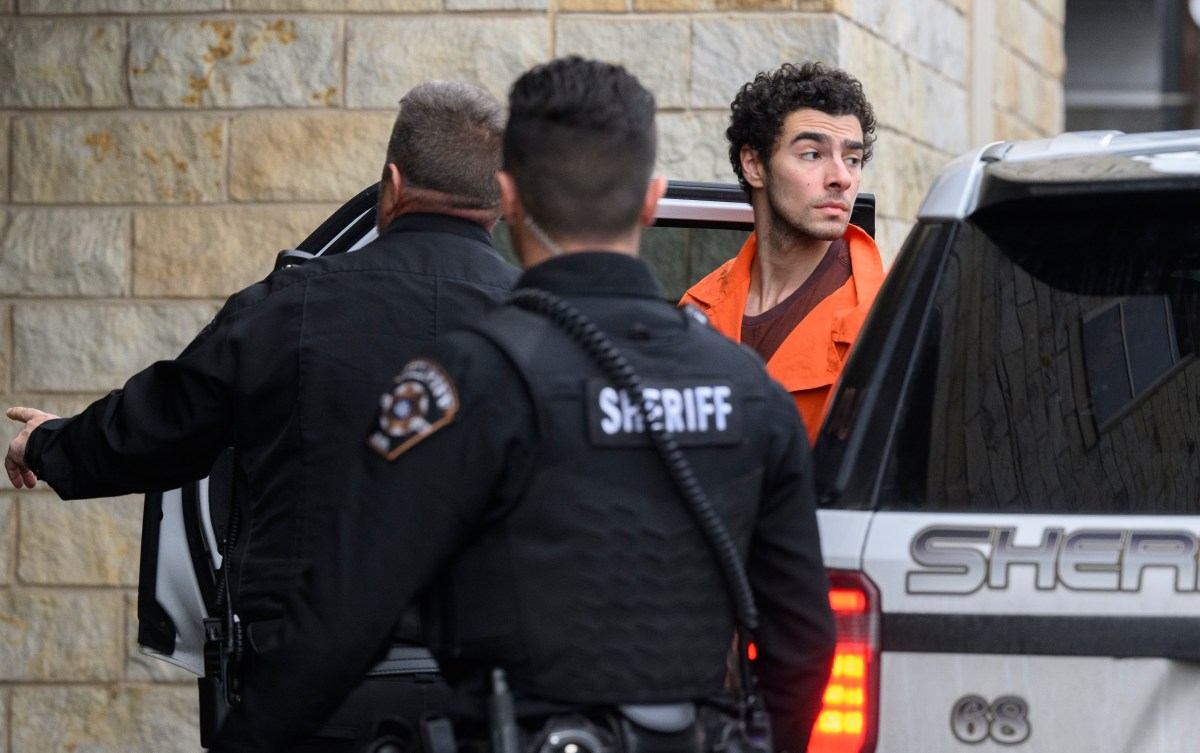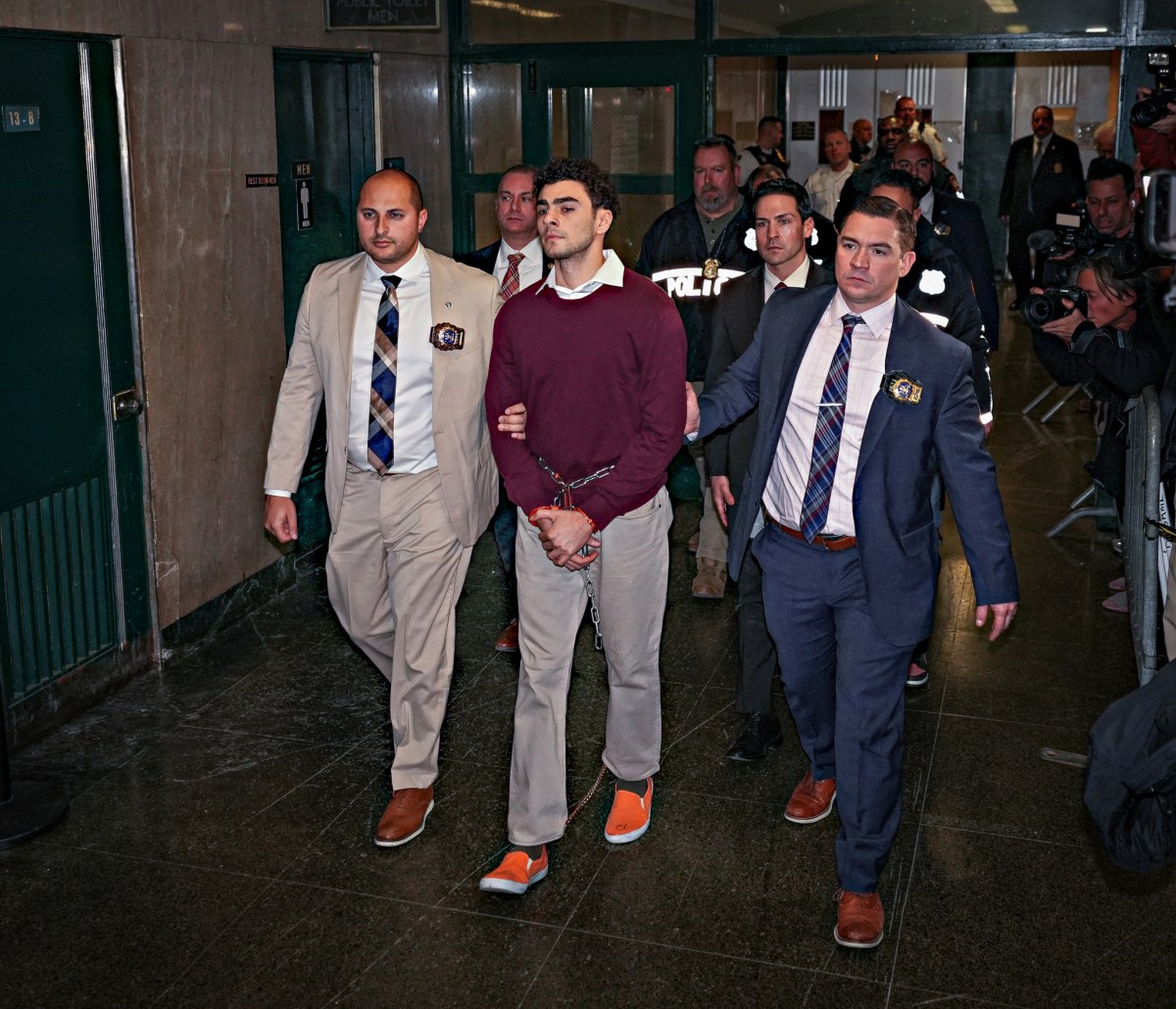AMSTERDAM (Reuters) – The Dutch government on Wednesday proposed the first nationwide curfew since World War Two and a ban on flights from South Africa and Britain in its toughest moves yet to limit the spread of coronavirus in the Netherlands.
Prime Minister Mark Rutte said the curfew, which is largely intended to target new, more infectious variants of the disease, must be approved by parliament, which is set to debate measures against the coronavirus on Thursday.
The flight ban, which Rutte said also will apply to all South American countries, will begin on Saturday. The curfew was expected to take effect this weekend, he said.
“This is a very tough measure, but we are at a crossroads,” Rutte said in a televised news conference. “The British variant doesn’t leave us with an alternative.”
The curfew would allow only people with pressing needs to leave their homes between 8:30 p.m. and 4:30 a.m. local time, Rutte said.
Exceptions include medical emergencies, people who need to be outdoors to carry out essential jobs and walking of pets on a leash. Violators can be fined 95 euros ($115).
The government said it will also require all international travellers arriving by airplane or boat to provide proof of a second negative COVID-19 rapid test, taken just before departure. It had already required a negative test taken within 72 hours of travel.
KLM, the Dutch subsidiary of Air France KLM, said that in response to the requirement it will halt 270 weekly long-haul flights and an undetermined number of European flights to the Netherlands from Friday.
“Based on the information we have this will also count for crew members,” said KLM spokeswoman Gerrie Brand. “We cannot take the risk that crew members get stuck abroad, so we have decided to halt all long-haul flights.”
Schools and non-essential shops have already been shut since mid-December, following the closure of bars and restaurants two months earlier. They will remain shut until at least Feb. 9.
Infections in the Netherlands have decreased steadily in the past three weeks, but health authorities say the new variants will lead to a new surge by next month if social distancing measures are not tightened.
The government currently has a caretaker status, as Rutte last Friday handed his resignation to King Willem-Alexander following a damning report on his cabinet’s handling of childcare subsidies.
Rutte has said he will remain to take decisions on COVID-19 policies until a new government is formed after the March 17 elections, seeking broad support for measures from both coalition and opposition parties.
($1 = 0.8264 euros)
(Reporting by Bart Meijer; Additional reporting by Toby Sterling; Writing by Anthony Deutsch; Editing by Giles Elgood, Angus MacSwan, William Maclean)

